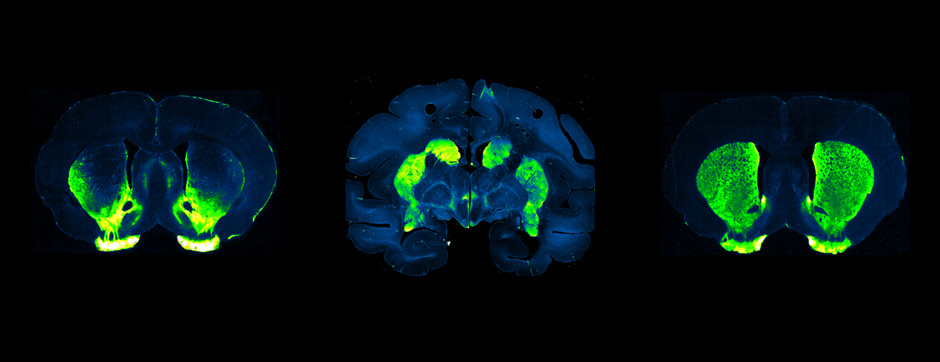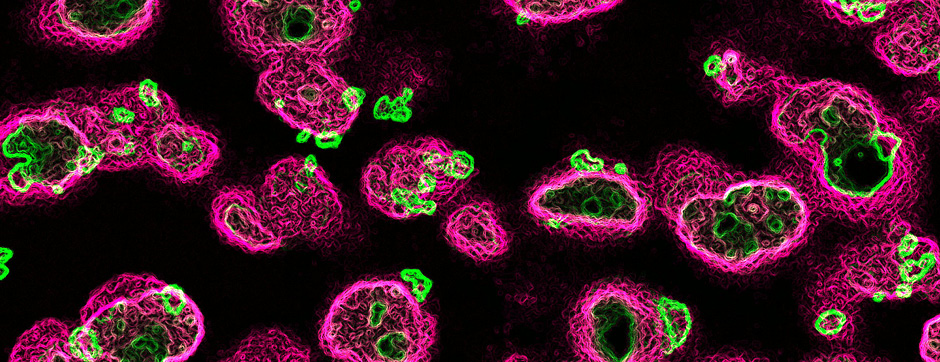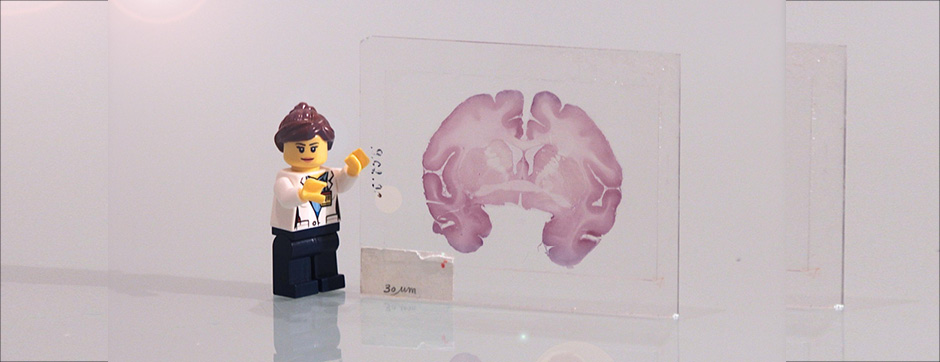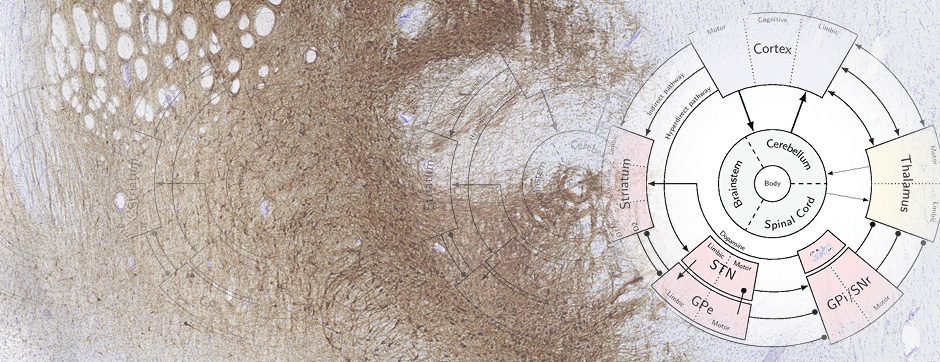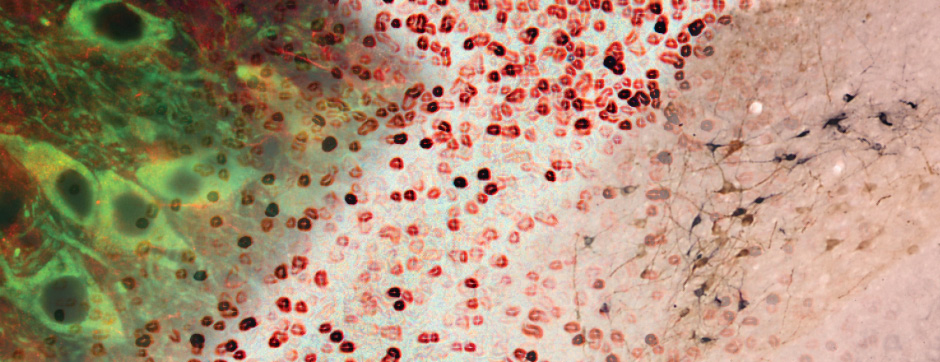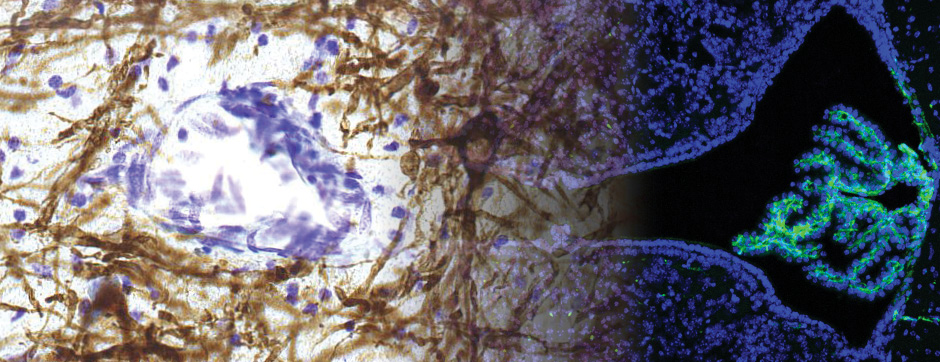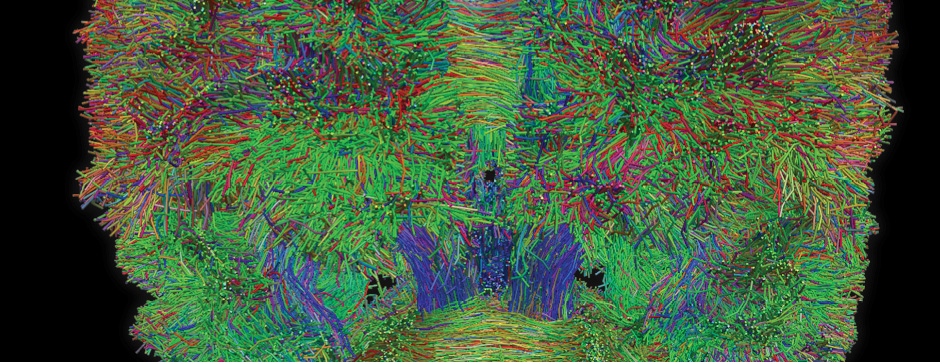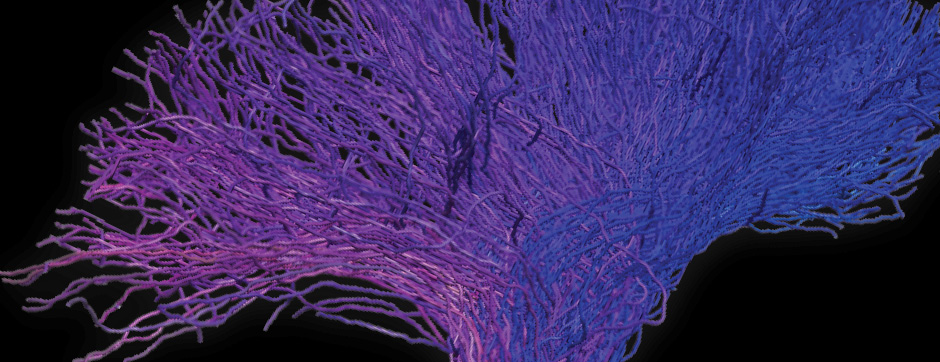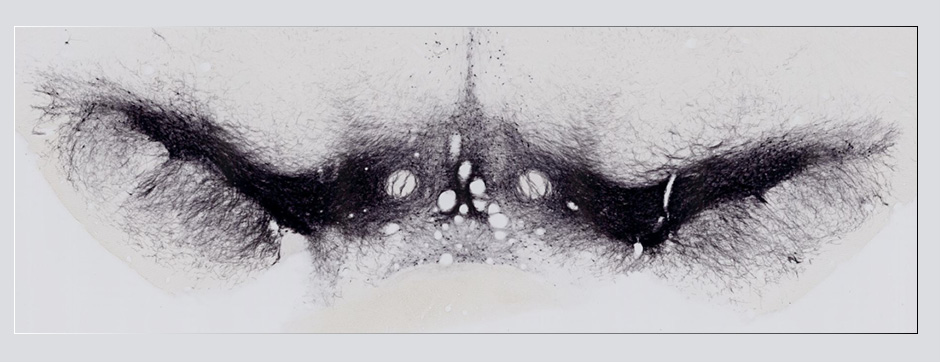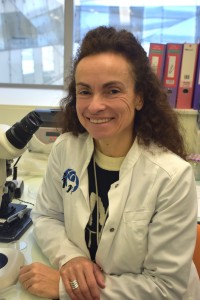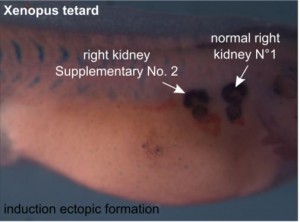Portrait: Karine Massé, Assistant Professor in Biology at IMN and University of Bordeaux
To mark the “International Day of Women and Girls in Science”, we’re delighted to bring you daily portraits of women scientists at IMN.
Their backgrounds and professions are diverse, yet they all share a passion for research and science.
Created by Alba Garcia Baos, Jakob Scharnholz, Claire Delattre and Christelle Glangetas.
Karine Massé
Assistant Professor in Biology
University of Bordeaux
Neurodegeneratives Diseases Institute
“You have to believe in yourself”.
Can you say a few words about your research?
Karine : I’m studying the functions of P2X receptors, which are ATP receptors, during vertebrate embryonic development using the xenopus model. The question I’m asking myself is: “What is their involvement in cell differentiation during brain and kidney formation?”
Karine’s science in images
Did you always know you wanted to do science?
Karine: When I was younger, I wanted to be a doctor or a vet. But I soon realized that since I couldn’t stand the sight of blood, that wouldn’t be possible. I always knew that I wanted to work in the sciences and not in literature. I took a classic scientific course of study, with a scientific BAC previously known as a BAC C. After two years of “Maths Sup Bio” preparatory classes, I went to university to study for a degree in Organismal and Population Biology at the University of Orléans. I went on to specialize in animal biology for my Master’s degree. I was lucky enough to have teachers at the University who were passionate about what they were doing. And that’s when I said to myself: this is what I want to do, I want to teach science at university.
You’ve been doing research and teaching at the University of Bordeaux since 2008. What do you teach? How many students have you taught?
Karine: I mainly teach the biology of vertebrate embryonic development. Over the past 17 years, I’ve taught nearly 30,000 students in different classes and teaching units (UE).
Have you been teaching the same science for 17 years, or have there been changes in content or format? Do you have any additional responsibilities?
Karine: Since my recruitment, I have always taught developmental biology. Then I got involved in teaching scientific English. I’ve also set up courses to open up and personalize students’ careers, including one that I co-direct on pathogens (viruses, parasites, bacteria) and their impact on the nervous system and human behavior. I hope to enthrall students with my teaching as I did 30 years ago when I was a student. I’m in charge of a UE entitled “Biology and Society” where I study the links between scientific research in biology and society, and also the impact of society on research. I manage the international pathway for the Bachelor’s degree and the International Master’s 2 in Neuroscience.
I’m also student mobility coordinator, looking after international students on Erasmus+ mobility schemes, for example.
The way we teach has changed, especially since Covid with the advent of distance learning. When I was a student, we used to write down lessons for hours on end (comments, drawings or elements on the blackboard), what we called “scratching lessons”, but it doesn’t work the same way today. Students have also changed, as today they have easier access to digital technology and online information. We’re developing innovative teaching methods, using digital platforms, more personalized teaching and active pedagogy to make students active players in their training.
Can you describe your typical day as a teacher-researcher?
Karine: There’s no such thing as a typical day. It’s not 9am to 5pm. And that’s what I like about it.
Please complete this sentence: “To do science, you need …”
Karine: be curious, tenacious, a little crazy and passionate
Have you encountered any difficulties as a woman working in sciences?
Karine: During my post-doctoral studies, I was lucky enough to work with A-level researchers (professors or research directors), but I also noticed at the time that there were very few women in positions of responsibility.
This problem of parity and the lack of women in management positions is as much a problem in research as in teaching. During my career, I’ve come across examples where pregnancy and maternity leave have been sensitive issues, which can act as a brake on recruitment. There are differences from one laboratory to another, but there’s still a long way to go.
Parity is essential.
Where do you see yourself in 5 years?
Karine: I’ve had the same ambition since 2020. I’d finally like to be a professor at the University of Bordeaux (before the 5-year mark) and why not co-direct a research team. I’d still like to be involved in teaching to contribute to students’ success and career choices. I’d also like to take on more responsibilities at university level, especially in the “colleges de l’université”.
What would you say to the younger generation (and to girls who love science and are hesitant about going into it)?
Karine: I’d say to the new generation, go for it if that’s what you want to do. Don’t be self-inhibited and don’t have any regrets. You have to believe in yourself.
And to finish this portrait, Karine’s Science in music:
What do you listen to on the bench?
Karine: To give me a boost in the morning, I listen to Stevie Wonder’s “Superstition” while I micro-inject the embryos (it gives me the rhythm), and to calm me down, I listen to Coldplay’s “The Scientist”.


